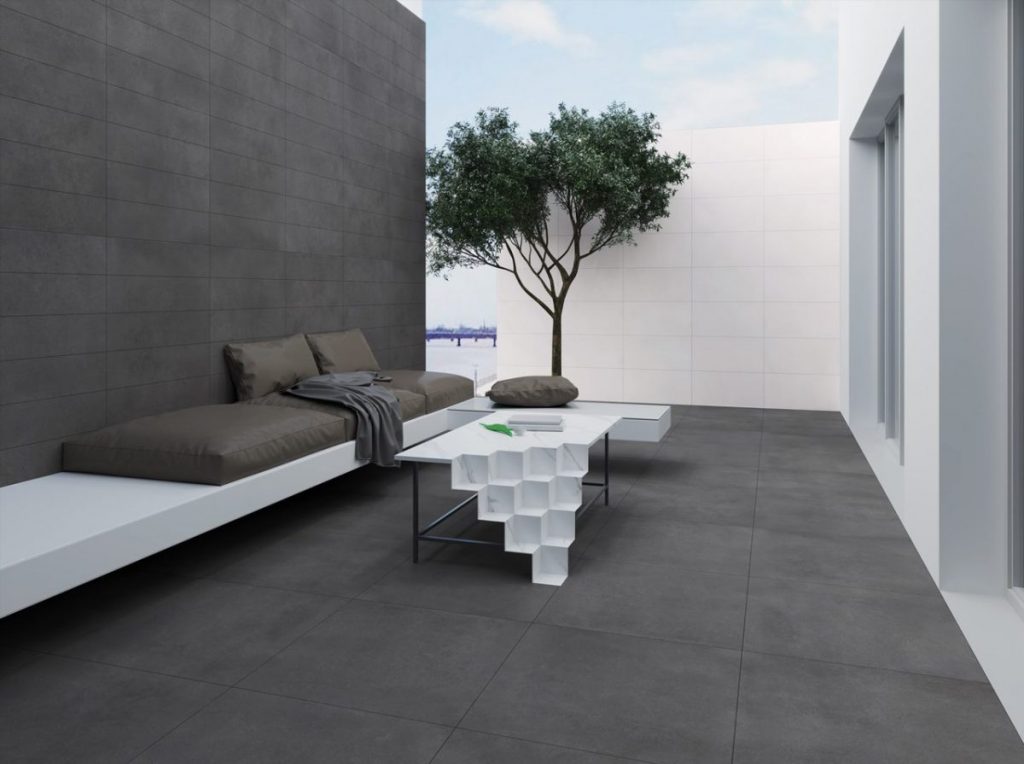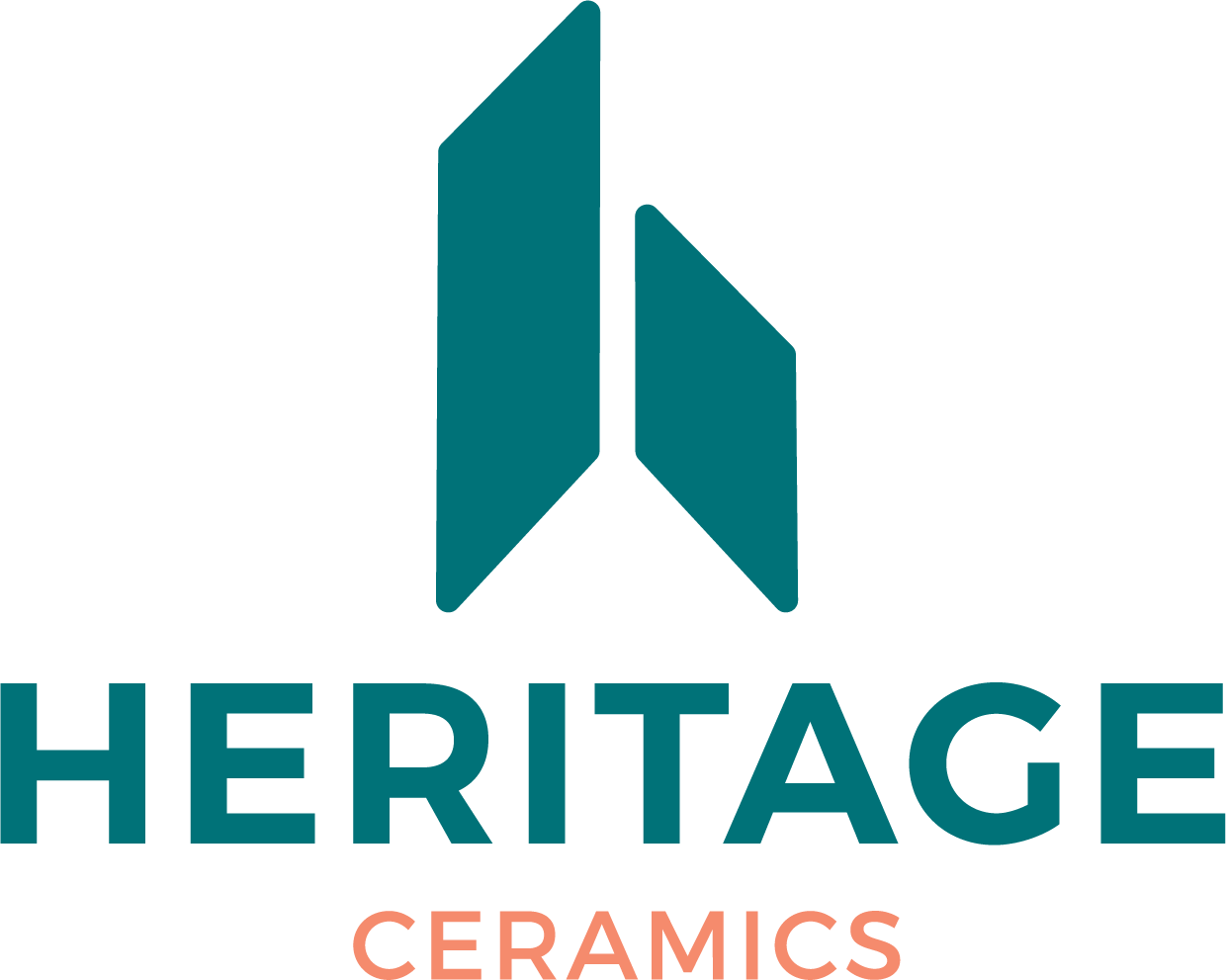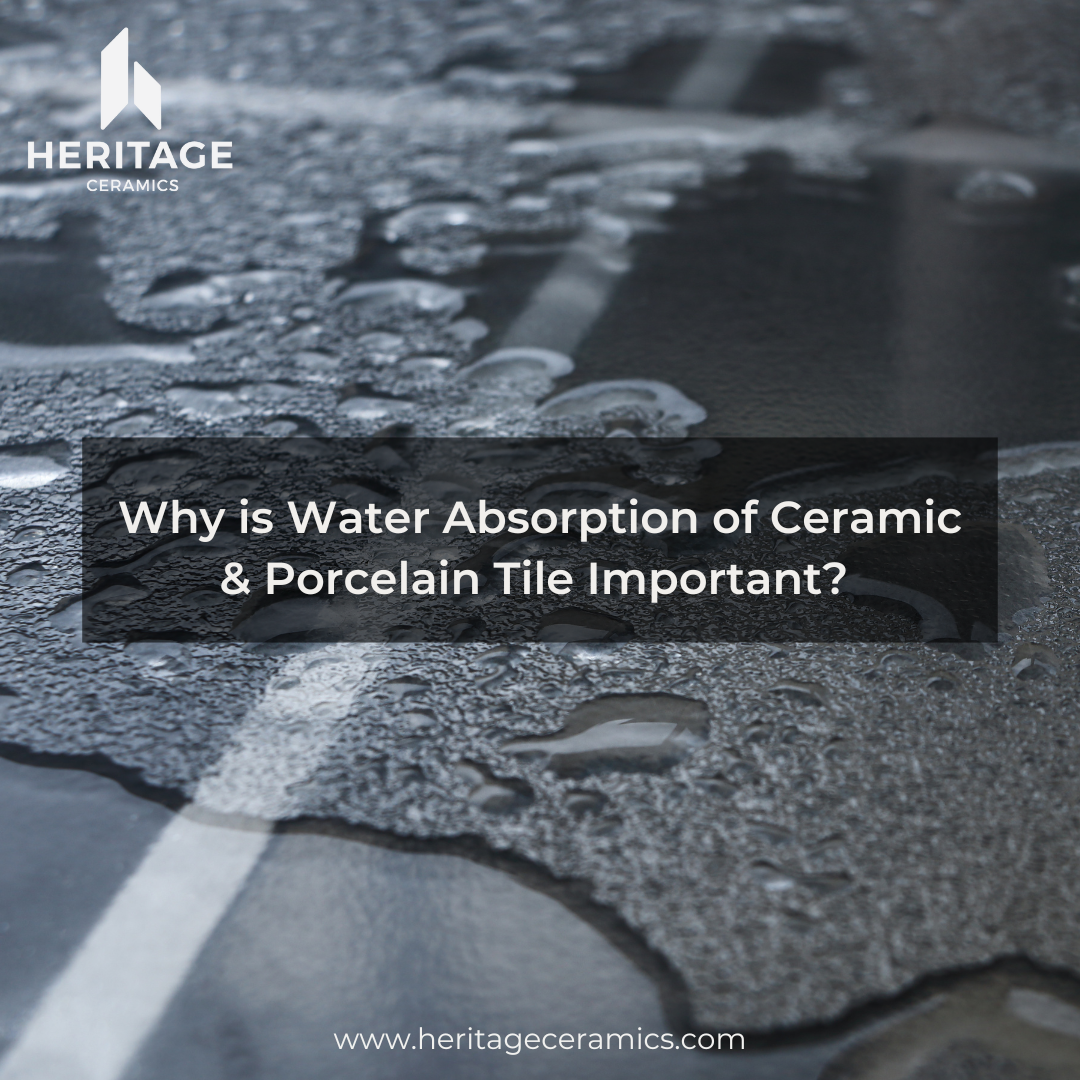Why is Water Absorption of Ceramic & Porcelain Tiles Important?
Water absorption is one of the most important factors when it comes to tile selection. Designers, architects, and builders need to ensure that the right tile is used for each application to ensure the longevity of the tiles.
What is Water Absorption?
Water absorption refers to the amount of moisture a tile is likely to absorb over time. Tiles are classified based on their water absorption, which is the percentage of water they absorb relative to their dry weight. This percentage reflects the density and porosity of the tile body.
Generally, tiles with low water absorption such as porcelain tiles, have higher durability and strength.

The Impact of Water Absorption on Tile Applications
Understanding water absorption rates is key to selecting the right tile for both interior and exterior applications. For outdoor applications or areas exposed to high moisture levels, select tiles with low water absorption rates to ensure longevity and performance.
To understand better, let’s explore the classification of tiles based on their water absorption properties as per the ISO13006 10545/98 standards.

Understanding the ISO13006-10545/98 Categories
The ISO13006-10545/98 standard categorises tiles into four groups based on their water absorption rates:
1. B2b. Non-vitreous (Ceramic): The ‘B2b’ designation indicates non-vitreous tiles, which have the highest water absorption rate. They are less dense and more porous, making them suitable for indoor wall applications where exposure to moisture is minimal.
These tiles are generally more affordable but less durable compared to other types. They are not recommended for areas that experience high moisture or heavy traffic.
- Density: Low
- Water Absorption: More than 6.0%
- Ideal for: Indoor wall applications, where exposure to moisture is minimal. These tiles are typically more affordable but less durable.
2. B2a. Semi-vitreous (Ceramic): The ‘B2a’ classification refers to semi-vitreous tiles. They have a moderate water absorption rate, offering a balance between durability and porosity. They are suitable for indoor areas with moderate moisture exposure, such as backsplashes and low-traffic floors.
These tiles are a good option for spaces that need a bit more durability than non-vitreous tiles but are not subjected to heavy moisture or traffic.
- Density: Medium
- Water Absorption: More than 3.0%, but less than 6.0%
- Ideal for: Indoor areas with moderate moisture exposure, such as backsplashes and low-traffic floors.
3. B1b. Fully Vitrified (Gres Porcelain / Ceramic): ‘B1b’ stands for fully vitrified tiles, often referred to as gres porcelain. They are highly dense with low water absorption, making them ideal for high-traffic areas, both indoor and outdoor, where durability and resistance to moisture are essential.
These tiles are robust, making them suitable for commercial applications and areas that require superior performance.
- Density: High
- Water Absorption: More than 0.5%, but less than 3.0%
- Ideal for: High-traffic areas, both indoor and outdoor, where durability and resistance to moisture are essential. These tiles are robust and suitable for commercial applications.
4. B1a. Impervious (Porcelain): The ‘B1a’ designation indicates impervious tiles, which have the lowest water absorption rate. They are extremely dense and resistant to water, making them perfect for any environment, especially those with high moisture exposure.
For instance, bathrooms, swimming pools, and exterior facades. These tiles offer superior performance, durability, and resistance to staining and moisture, making them the best choice for demanding applications.
- Density: Extremely high
- Water Absorption: Less than 0.5%
- Ideal for: Any environment, particularly those with high moisture exposure, such as bathrooms, swimming pools, and exterior facades. These tiles offer superior performance, durability, and resistance to staining and moisture
Heritage Ceramics Upholds Superior Quality Standards
At Heritage Ceramics, our Space and Studio series are manufactured to meet the stringent B1a standards with a water absorption of less than 0.5%. This makes them exceptionally suitable for a range of applications, be it commercial, industrial, residential or hospitality projects.
Our Shape Series, manufactured to B1b standards, boasting a water absorption rate of more than 0.5% but less than 3%. This range is perfect for areas with lower traffic and moderate moisture exposure.

Featuring Studio Cliffstone Carbon. Water Absorption Rate Less Than 0.5%
Heritage Ceramics Prioritises Customised Experiences
Heritage Ceramics is dedicated to providing a customised experience for each of our customers. We meticulously customise every purchase and consultation to meet your specific needs.
Should you have specific requirements for your project, do not hesitate to contact us. Our goal is to deliver a customised solution and collaborate closely with you to achieve success together.
For any products enquiry, please reach out to us at info@heritageceramics.com or visit our website www.heritageceramics.com to explore our range of high-quality porcelain tiles.
Explore more on our products: Home
Explore our Tiles On Offer: Tiles On Offer
Follow our social media pages: Facebook | Instagram | LinkedIn | YouTube


